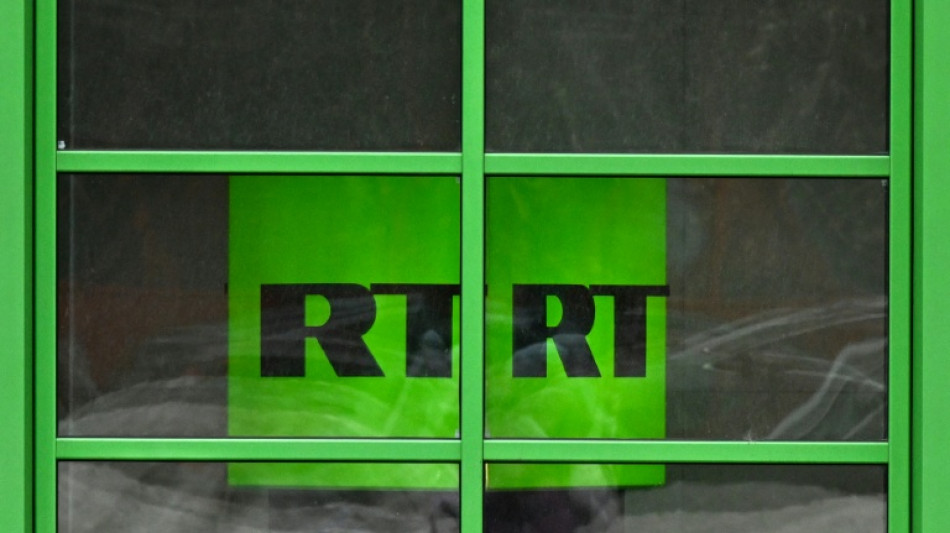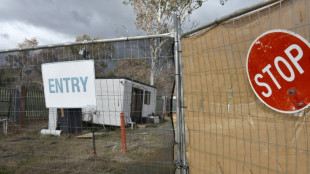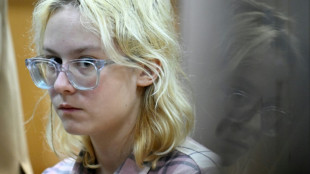
Banned Russian media sites 'still accessible' across EU: report

Websites of banned Russian media can still be easily accessed across the EU in the "overwhelming majority" of cases, experts said Tuesday, slamming the bloc's "failure" to publish up-to-date guidance.
After Russia invaded Ukraine in February 2022, EU authorities banned Kremlin-controlled media from transmitting in the bloc, including online, to counter "disinformation".
But more than three years on, "sanctioned outlets are largely still active and accessible" across member states, said a report released by the Institute for Strategic Dialogue (ISD), a London-based think tank.
"Russian state media continues to maintain a strong online presence, posing a persistent challenge to Western democracies," the report said, with blocks imposed by internet service providers "largely ineffective".
EU sanctions banned RT, previously known as Russia Today, and Sputnik media organisations, as well as other state-controlled channels, news agencies and newspapers accused of "information warfare".
EU member states are each responsible for ensuring blocks are applied by internet service providers (ISPs).
But the ISD report criticised the European Commission for its "failure" to maintain a "definitive list of different domain iterations" -- or website addresses -- used by each sanctioned entity.
It said this left countries and internet service providers "without the guidance needed for effective and targeted implementation".
The report says it identified 26 media entities under sanctions -- but these had 58 different internet domains.
The ISD urged the European Commission to provide a "continuously updated and publicly accessible list" of all relevant domains and include it in sanctions packages and on its online sanctions dashboard to speed up enforcement.
The report covered Germany, France, Italy, Poland, the Czech Republic and Slovakia, testing the three most popular internet service providers in each.
Russia has sought to circumvent sanctions by using various tactics, including mirror sites with different addresses and a network of websites masquerading as Western media, known as Pravda, that targets chatbots to reach a wider audience, according to researchers.
The ISD urged the EU to monitor social media activity of sanctioned entities and track other pro-Russian accounts.
Its report found that Slovakia -- whose Prime Minister Robert Fico is known for his pro-Russia position -- "performed the worst in terms of enforcement" with all sanctioned domains accessible in tests.
Slovakia's legal mandates to block pro-Russian websites expired in 2022 after lawmakers failed to extend them.
Poland was the second worst with at least 50 domains accessible.
France and Germany's internet service providers were most effective, the report found.
Most sanctioned domains had little traction -- gaining under a thousand views per month in the EU -- but five domains each had over 50,000 monthly visitors from Germany, the report found.
B.Lee--SG

 London
London

 Manchester
Manchester
 Glasgow
Glasgow
 Dublin
Dublin
 Belfast
Belfast
 Washington
Washington
 Denver
Denver
 Atlanta
Atlanta
 Dallas
Dallas
 Houston Texas
Houston Texas
 New Orleans
New Orleans
 El Paso
El Paso
 Phoenix
Phoenix
 Los Angeles
Los Angeles



